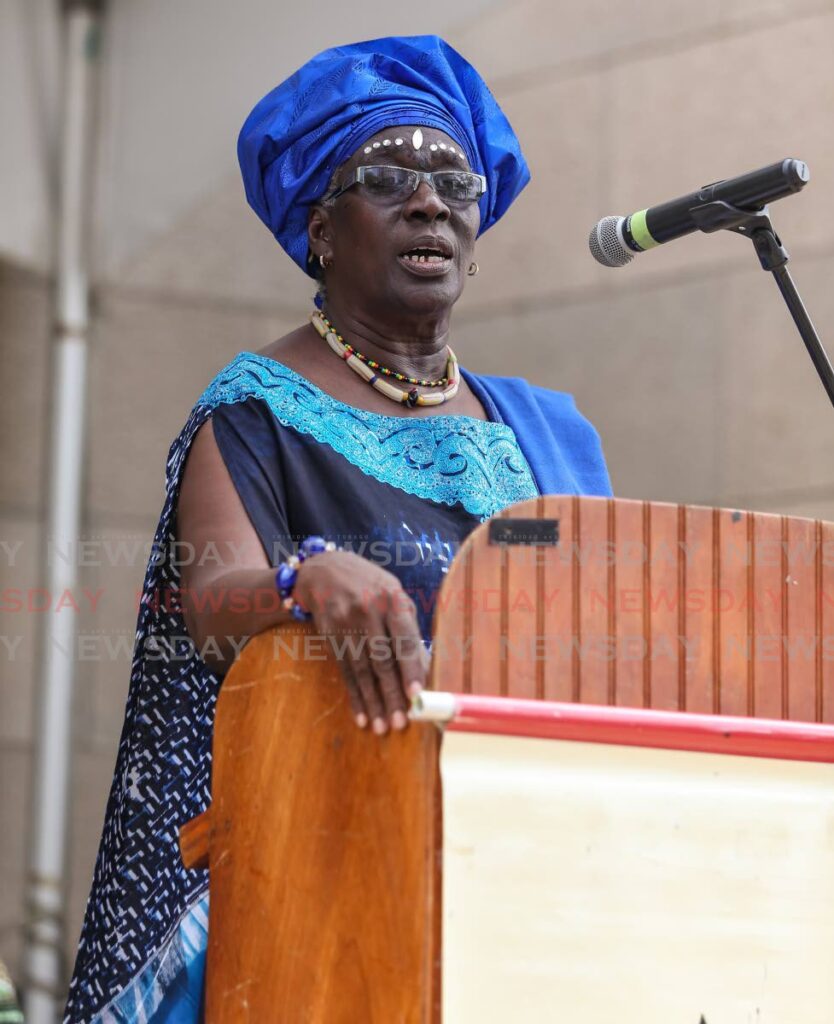Emancipation in a digital age

WHILE many view it as a potential force for good, there is growing realisation of the threat posed by artificial intelligence (AI). Workers are concerned about the impact of AI on jobs and governments are being lobbied about the need for built-in fail-safe measures to mitigate the existential threat to humanity posed by superintelligence.
But a more hidden, and therefore more insidious, danger posed by AI is the way it can mirror, perpetuate and inflame prejudices and discrimination relating to institutional discrimination and race.
“We have to be ever vigilant,” warned Emancipation Support Committee of TT (ESCTT) executive chair Zakiya Uzoma-Wadada this week. She believes events like this month’s commemorations relating to Emancipation Day are even more important in a rapidly moving age which is posing graver risks. “Even as they develop AI, our African people continue to be at risk.”
It’s a sobering warning.
AI can help educate people about their African heritage and can help future generations forge an empowered sense of their identities. But this must be set against the clear weaknesses already inherent in how many AI systems are being developed and used.
The tech companies do not like to talk about it, but it is now well-documented how bias can creep into algorithms. Systems can learn to make decisions based on training data, which can include biased human decisions or reflect social inequities. Training data can also be warped by flawed sampling. Even when sensitive variables like race, gender or sexual orientation are removed, historical or social inequities can still slip in through the back door.
The result is that these issues are then masked by an assumed “impartiality” which reflects prejudices at a fundamental level.
Thus, the traditional parameters of advocacy on race relations need to shift to focus now, also, on how the digital age has become a breeding ground for discrimination.
“We are not just fighting enslavement, we are fighting the continued institutionalised discrimination,” notes Ms Uzoma Wadada.
This is a substantial challenge in a world in which there are deliberate attempts to revise historical narratives and to erase the realities of systemic racism.
On one side of the Atlantic, in the UK, the existence of institutional racism is denied in a country that has never had a prime minister of African descent, on the other side, in the US, the Supreme Court has stopped universities from taking race into consideration in addressing an imbalanced admissions playing field and has seen politicians move to gloss how slavery is taught in schools.
In such a world, observing the end of slavery cannot be limited to a one-off holiday. It must, as the ESCTT notes, be an ongoing project in the digital age.


Comments
"Emancipation in a digital age"